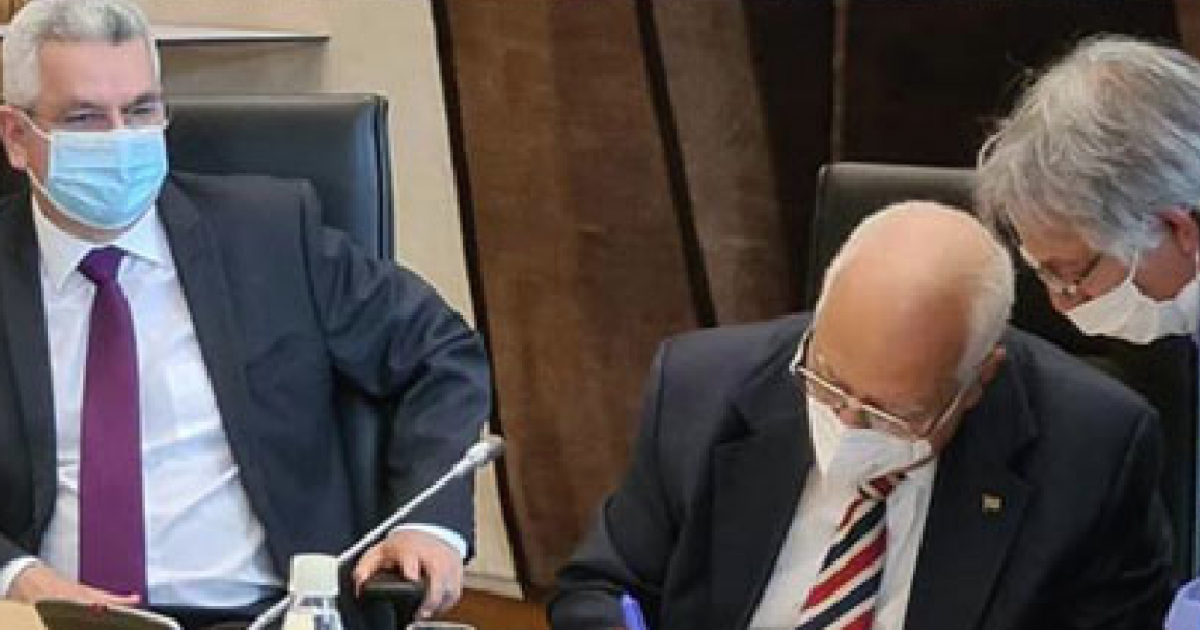
Related videos:
The Cuban government and the Paris Club have agreed to modify their debt renegotiation agreement for the Caribbean nation, which is currently in default, reported the state agency Prensa Latina, without providing further details.
During his trip to France, Ricardo Cabrisas, Cuba's Vice Prime Minister and a regular negotiator of its external debt, met with Emmanuel Moulin, the General Director of the Treasury and President of the so-called Paris Club, which comprises 14 countries, to negotiate these new terms.
The delegations led by both decided to "introduce adjustments to the mechanism signed in 2015," reported Prensa Latina, without providing further details about the content of the new agreement.
The agreement came about following the visit to Cuba in May by a technical mission from the group of creditors.
The state media, citing diplomatic sources in Paris, highlighted that "the negotiations took place in a constructive atmosphere and with mutual understanding."
A subsequent statement jointly issued by the Cuban government and the group of creditors states that the agreement "provides an additional期限 for the Republic of Cuba to settle various debt payments under the 2015 agreement, maintaining the current value of these amounts," they specified in a statement
Cabrisas attributed the unpaid debts to the "unprecedented intensification of the economic, commercial, and financial blockade by the United States and the impact of phenomena associated with climate change and the COVID-19 pandemic."
Cuba signed a historic agreement with the Paris Club in 2015, which forgave $8.5 billion of a total debt of $11 billion with the commitment to pay the remaining amount in installments until 2023.
The Caribbean country partially failed to meet its obligations in 2019, and in 2020 it declared itself unable to meet the entire quota, which was 85 million.
For this reason, he requested a two-year moratorium for a total of about 200 million in overdue payments to the multilateral organization, which only accepted one year with the possibility of renegotiation.
In the joint statement, both parties confirmed "their willingness to preserve the 2015 agreement and their commitment to ensure the full implementation of this agreement," which "has facilitated a normalization of financial relations."
Regarding the debt with private creditors, managed by the London Club, the investment fund CRF I Ltd— which holds the majority (1.5 billion dollars)—recently made a restructuring offer with a 60% discount to President Miguel Díaz-Canel, in a letter that went unanswered.
Cuba, immersed in a deep economic crisis, anticipates a fiscal deficit this year equivalent to 18% of its GDP, which contracted by 11% in 2020 due to a drastic reduction in foreign tourism caused by the pandemic, and in 2021 it expects to recover only half of what was lost, according to official figures.
The modification of the agreement coincided with the announcement that the Cuban banking system will stop accepting cash dollars.
Filed under: